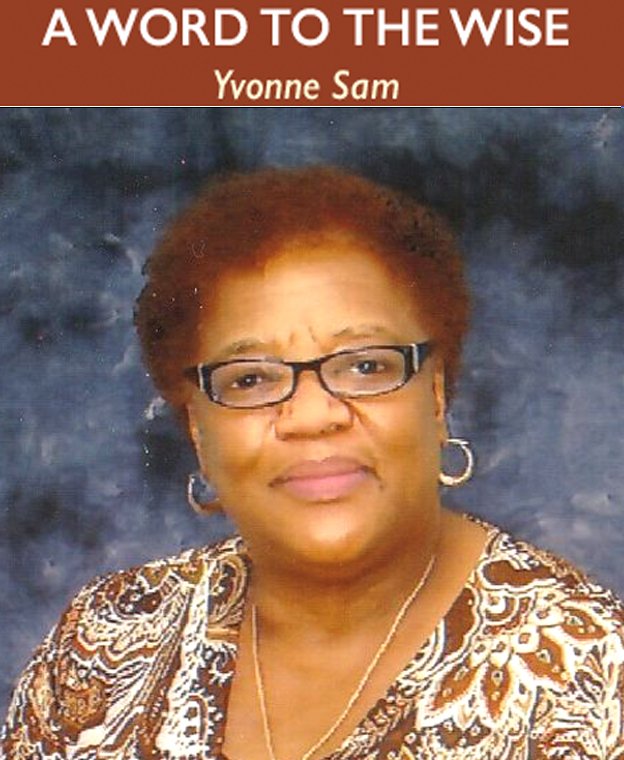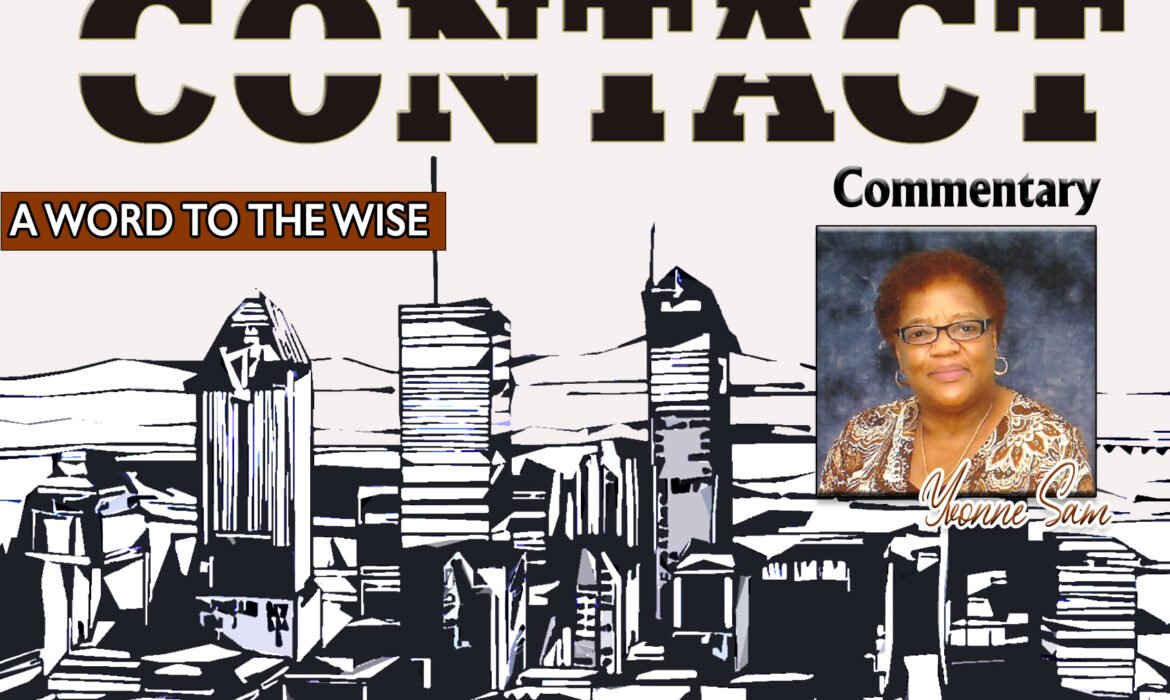 Apply the term “racist” or any similar moniker to my name, bearing in mind that I reside in Quebec and that even after a coroner’s report into the death of Joyce Echaquan urged Quebec to recognize systemic racism, Premier Francois Legault remined steadfast in denying the existence of racism. So, by simple logic, no racism = no racists. So, a better applied term would be “realist”, moreover as we will be looking at stark reality.
Apply the term “racist” or any similar moniker to my name, bearing in mind that I reside in Quebec and that even after a coroner’s report into the death of Joyce Echaquan urged Quebec to recognize systemic racism, Premier Francois Legault remined steadfast in denying the existence of racism. So, by simple logic, no racism = no racists. So, a better applied term would be “realist”, moreover as we will be looking at stark reality.
The Quebec government has decided for the second consecutive year, not to hold official Canada Day celebrations. Despite the plethora of
stated reasons—be it financial constraints, political positioning, or mere cultural sensitivity—such a decision sends a troubling and divisive message to all Quebecers, and an even more painful, gut -wrenching one to Black and visible minority communities residing in the province.
At it most fundamental level the provincial government’s refusal to celebrate Canada day signals a distancing from the rest of Canada. Not only does it undermine unity and belonging, but also comes at a time when Canadians—across all provinces—need symbols that bring them together, not drive them farther apart.
The decision has evoked some serious questions:
What does this say to immigrants and new Canadians who chose Canada in hopes of building a better life?
What does it say to young Quebecers, growing up believing they are equal members of both Quebec and Canada?
What are we telling the international community about Quebec’s place within Canada?
Under no logical guise can two years in a row be explained away as mere coincidence or temporary circumstance. When a province as capable as Quebec cannot organize a simple national celebration—while all other provinces are able to—it begins to look less like logistics and more like a political statement. However, the message becomes even sharper and more hurtful when seen through the eyes of Black and visible minority communities in Quebec. For these communities, Canada Day is not just a date on the calendar. No! It is a symbol of inclusion, recognition, and belonging within the larger Canadian family, and for many, Canada represents refuge from injustice, access to opportunity, and a promise of equality—however imperfectly delivered.
In its refusal to celebrate , Quebec effectively sent the message that their connection to Canada is neither valued nor affirmed, thereby amplifying the feeling that Black and other racialized Quebecers remain perpetual outsiders—culturally, politically, and socially. At a time when these communities are already fighting for visibility, equity, and representation, this decision feels like yet another form of erasure—one that undermines their Canadian identity while offering no meaningful alternative space for belonging within Quebec society. And it is not just about fireworks and flags. It is about what it means to belong, and plainly stated about telling millions of people—both long-time residents and newcomers—that their Canadian identity counts, that they matter, and that they are seen.
Quebec can—and must—find a way to celebrate its distinctiveness without erasing its connection to Canada and without alienating entire communities.
The real question remaining is this: Will Quebec continue down this divisive path next year? Or will it choose inclusion over isolation, unity over division, and belonging over political posturing?
Most importantly, are we witnesses to the quiet erosion of a tradition that, like it or not, reflects the province’s place within Canada?
If unity and inclusion truly matters, the Quebec government must consider the wider impact of these decisions. Celebrating Canada Day is not about erasing Quebec’s unique identity—it is about affirming that we are all part of something larger, something shared, something worth celebrating.
The world—and more importantly, the people of Quebec—are watching.
Aleuta continua—– The struggle continues.















